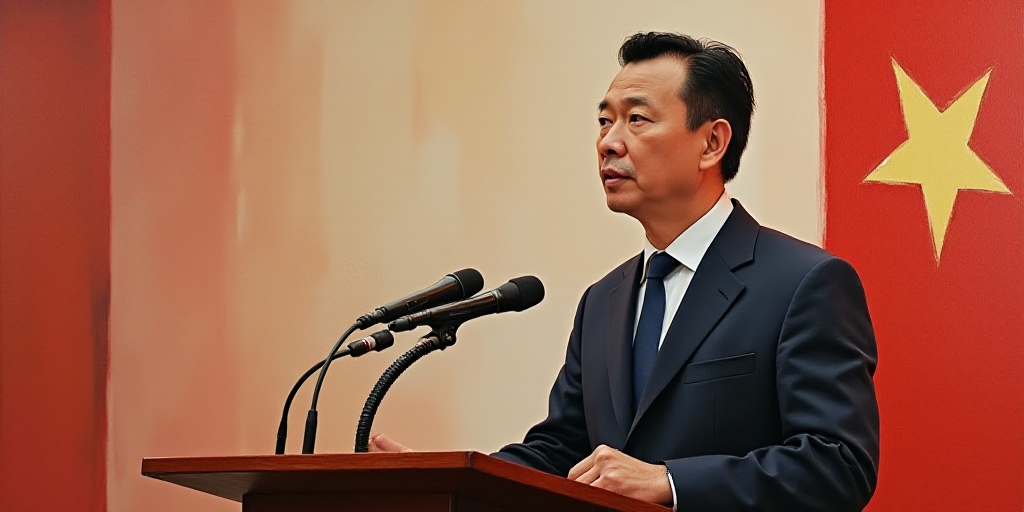Introduction
Mexico recently announced an increase in tariffs, aiming to bolster its domestic industry. However, this move has sparked immediate retaliation from China, Mexico’s primary trading partner, and has significant implications for the automotive sector.
Background on Mexico’s Tariff Hike
Mexico’s decision to raise tariffs is part of a broader strategy to protect and strengthen its national industries. The government believes that higher tariffs will encourage local production and consumption, reducing dependence on foreign goods. This move has been a topic of intense debate, with supporters arguing for economic self-sufficiency and critics warning of potential trade wars and increased costs for consumers.
China’s Response
As Mexico’s largest trading partner, China has been significantly affected by the tariff hike. In response, China has expressed concerns and threatened countermeasures. The Chinese government views these tariff increases as protectionist policies that could disrupt the balance of trade and harm Chinese businesses operating in Mexico. China’s reaction underscores the interconnectedness of global economies and the ripple effects that unilateral actions can have.
Impact on the Automotive Industry
The automotive industry is one of the sectors most affected by Mexico’s tariff hike. Many automotive components and finished vehicles are imported from China, making Mexican car manufacturers vulnerable to increased costs. This situation could lead to higher prices for consumers, reduced competitiveness in the global market, and potential job losses due to reshoring or relocation of production.
Key Players in the Mexican Automotive Industry
Some prominent automotive manufacturers with a significant presence in Mexico include General Motors, Ford, Nissan, and Tesla. These companies rely heavily on imported parts from China for assembly in Mexico. The tariff hike could force them to reconsider their supply chains, potentially leading to increased production costs and price adjustments for consumers.
Global Implications
Beyond Mexico and China, the automotive industry worldwide could experience disruptions. As major players in global supply chains, any shifts in production locations or increased costs will likely be passed on to consumers. This situation may also encourage other countries to reassess their trade policies and seek alternative partners, potentially leading to a more fragmented global automotive industry.
Key Questions and Answers
- What is the main reason behind Mexico’s tariff hike? The primary objective is to protect and strengthen Mexico’s domestic industries by encouraging local production and consumption.
- Which country is most affected by Mexico’s tariff hike? China, being Mexico’s largest trading partner, is significantly impacted due to its extensive involvement in the Mexican automotive supply chain.
- How might the automotive industry be affected by these changes? The tariff hike could lead to higher costs for automotive manufacturers, increased prices for consumers, and potential job losses due to reshoring or relocation of production.
- Who are some key players in the Mexican automotive industry? Major automotive manufacturers with a significant presence in Mexico include General Motors, Ford, Nissan, and Tesla.
- What are the potential global implications of Mexico’s tariff hike? The automotive industry worldwide could experience disruptions, potentially leading to a more fragmented global market and encouraging countries to reassess their trade policies.






